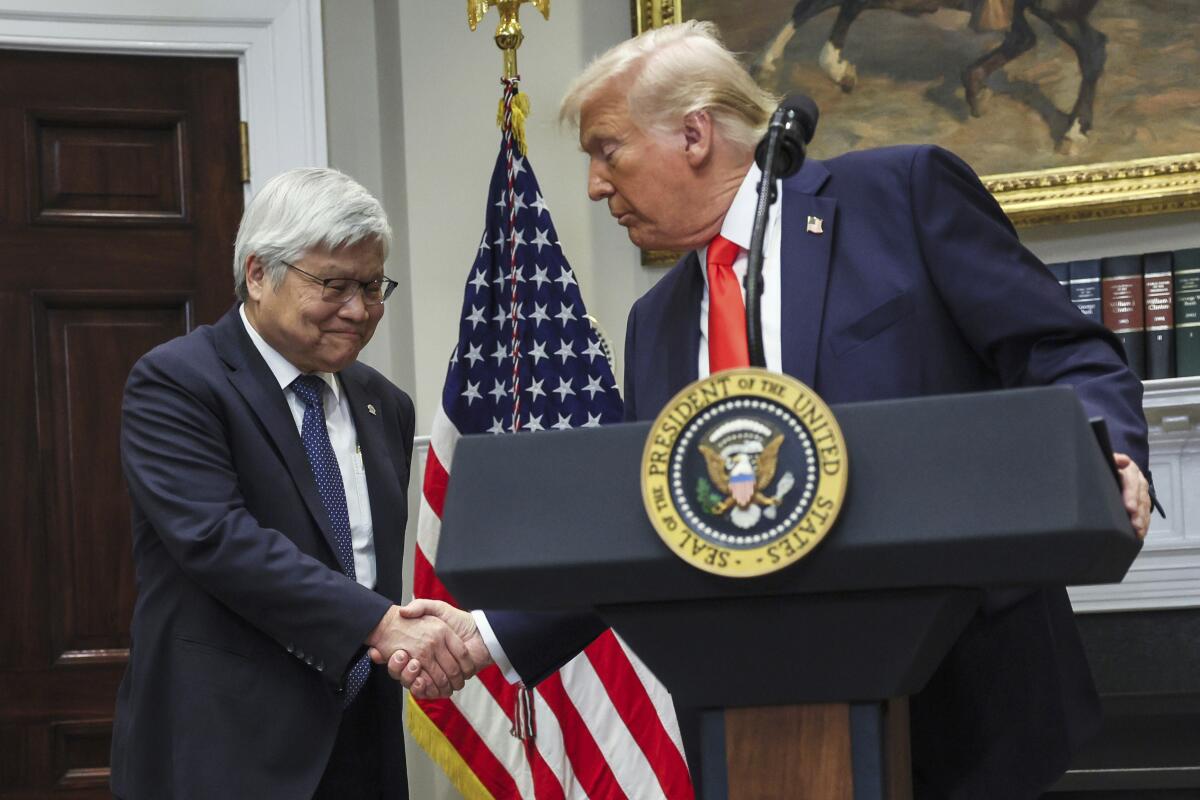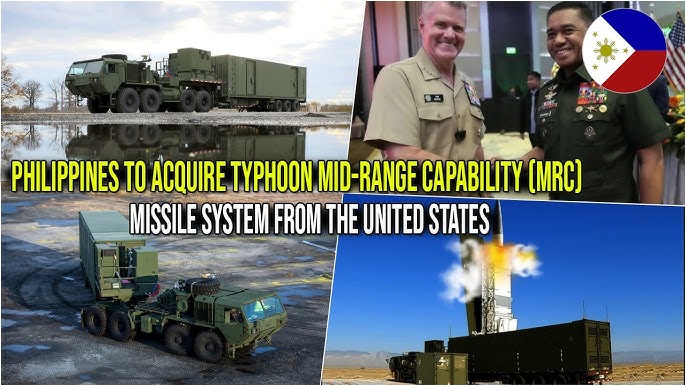
Shao Yuqun, Director, Institute for Taiwan, HK and Macau Studies, Shanghai Institutes for International Studies
Apr 11, 2025
If the Trump administration remains oblivious to the dangers and provocations of Lai Ching-te’s policies, the confrontation between Beijing and the United States over the island will intensify.

Lucio Blanco Pitlo III, President of Philippine Association for Chinese Studies, and Research Fellow at Asia-Pacific Pathways to Progress Foundation
Jan 21, 2025
The Philippines has played a dynamic role in the Indo-Pacific as of late, now drawing the ire of Beijing by accepting U.S.-made defense systems in the northernmost reaches of its islands. While this may come off like a geopolitical power play, the Philippines still has steadfast commitments to its interests in its own backyard that deserve examination.
Shao Yuqun, Director, Institute for Taiwan, HK and Macau Studies, Shanghai Institutes for International Studies
Dec 20, 2024
America’s China policy, characterized by major-power competition, has had a subtle yet significant influence on the Taiwan question. The next U.S. administration, whether led by Kamala Harris or Donald Trump, is likely make changes. The devil will be in the details.
Jin Chenyi, Assistant Fellow, China Institute of International Studies
Nov 18, 2024
In small but steady degrees, the United States is undercutting its stated commitment to “one China” by subtly modifying its words. The meanings it has added in diplomatic discourse do not promote confidence that it will continue to honor the agreements it has made. On the contrary, U.S. actions belie those agreements.
Zhong Houtao, Associate Professor, School of National Security, University of International Relations
Jun 14, 2024
Recently elected leader Lai Ching-te is turning toward open advocacy for independence. But his populist agitation is straining relations with the United States, dragging down economic development and potentially compromising peace and stability in the region.
Tian Shichen, Founder & President, Global Governance Institution
Huang Xianwen, Postgraduate of International Law, China University of Political Science and Law
Guo Hongyi, Postgraduate of International Law, Tsinghua University
Apr 12, 2024
Three evils threaten to prevent the peaceful reunification of the Chinese people. Many on both sides hope for a respectful resolution of the Taiwan issue. This will require a comprehensive and nuanced approach by key stakeholders on the island and in Beijing, as well as the international community.
Richard Weitz, Senior Fellow, Hudson Institute
Feb 26, 2024
While Lai Ching-te’s victory in Taiwan’s elections was expected, the parliamentary vote for the Legislative Yuan was less predictable, leading to a presidential administration that lacks a parliamentary majority for the first time in many years. But ultimately, the election’s impact on cross-Strait relations Sino-American relations remains to be seen.
Sebastian Contin Trillo-Figueroa, Geopolitics Analyst in EU-Asia Relations and AsiaGlobal Fellow, The University of Hong Kong
Feb 05, 2024
The EU must strike a balance on its Taiwan policy, akin to other major powers, and have a comprehensive strategy. As the U.S. elections approach, which will have significant geopolitical implications for the self-governed island, Europe, a potential pivotal player, must carefully consider moves to uphold credibility on the global stage and maintain a coherent and principled foreign policy.
Zhong Houtao, Associate Professor, School of National Security, University of International Relations
Jan 29, 2024
Taiwan’s new leader expressed radical views regarding independence on the campaign trail. But with the election now behind him, he seems to have softened. He should listen to public opinion and cool the hot rhetoric before his May 20 inauguration.